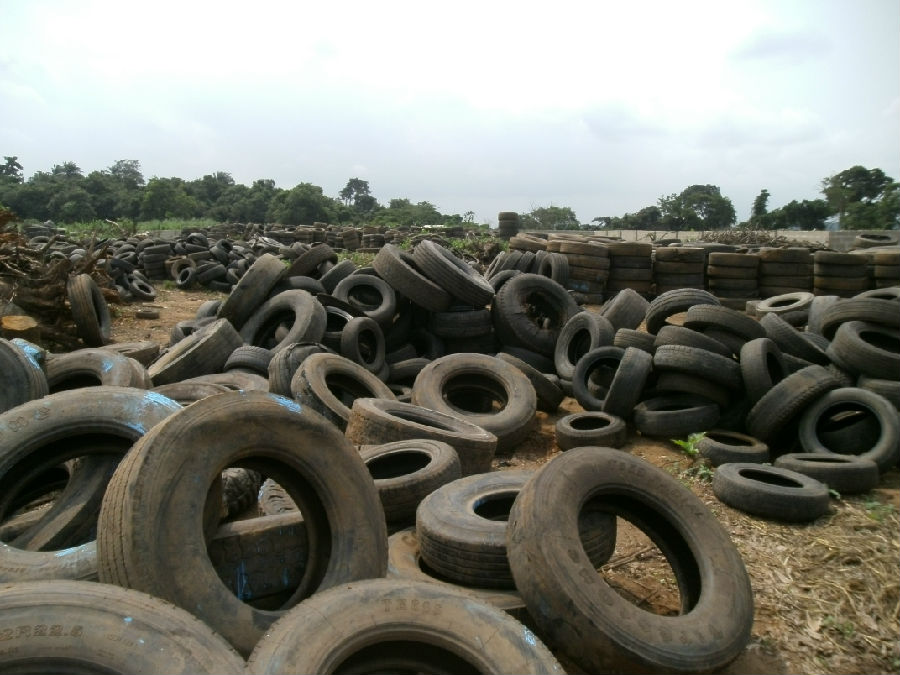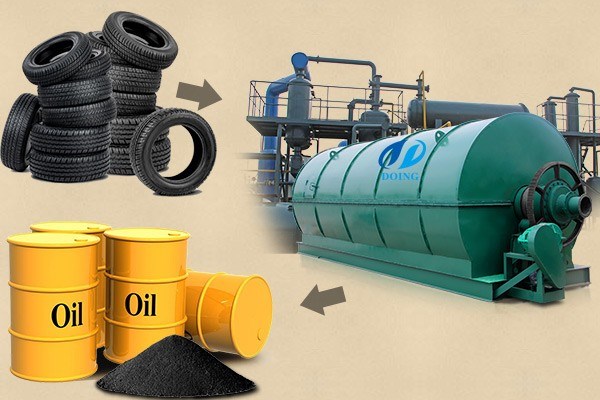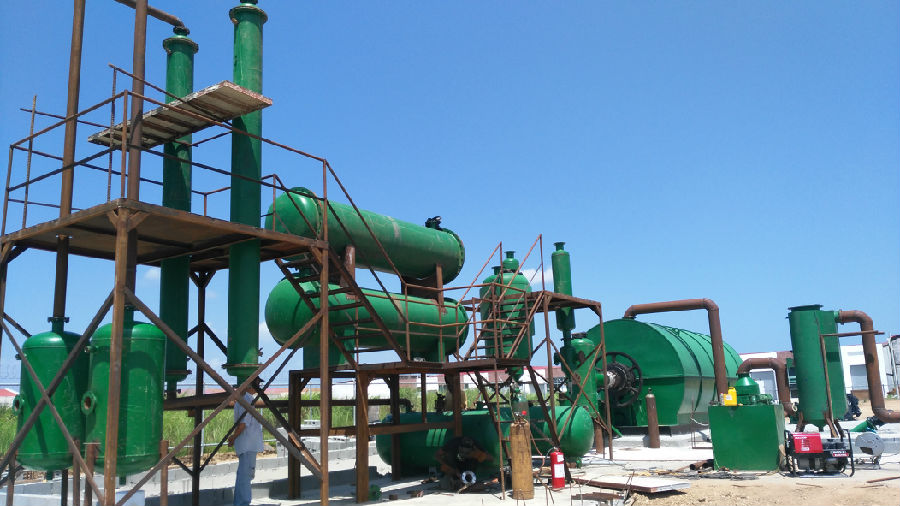 Tel/WhatsApp
Tel/WhatsApp



According to the Recycling and Economic Development Initiative of South Africa (Redisa), more than 10 million scrap tyres are produced in South Africa every year and it is estimated that between 60 and 100 million tyres are lying around as waste. The illegal burning of tyres to obtain the steel inside - which is a huge problem countrywide and has been witnessed numerous times near the George refuse terrain - releases toxic gases containing deadly substances such as cyanide and mercury.
 Tyres lying in South Africa
Tyres lying in South Africa
Are you still dealing with tires in this way of polluting the environment? You probably haven't heard about waste tyre recycling pyrolysis plant. This pyrolysis plant adopts the advanced pyrolysis technology, which can convert waste tyre, plastic, sludge, medical waste and rubber into fuel oil, carbon black and steel wire(only for waste tires). The gases released into the atmosphere from the waste tyre recycling pyrolysis plant, are within the standards set by government. What’s more, these end products can bring more objective profits for us.
 Waste tyre recycling pyrolysis plant
Waste tyre recycling pyrolysis plant
The Eastern Cape Department of Economic Development, Environmental Affairs and Tourism has issued a positive Record of Decision for the construction and operation of a waste tyre recycling pyrolysis plant in Zone 6 of the Coega Industrial Development Zone (IDZ).The plant will process approximately 30 tons of waste tyres a day to produce boiler fuel, carbon char and steel through a process that is “highly efficient with a total recovery rate of up to 96%”.Spelling out reasons for its decision, the department says the waste tyres will be supplied by the Recycling End Economic Development Initiative of South Africa (REDISA) and this plan “links the creation of direct upstream employment opportunities to members of previously disadvantaged communities”. The tyres will be supplied from one of the proposed REDISA depots and from other suppliers.
 Waste tyre recycling pyrolysis plant installed in in South Africa
Waste tyre recycling pyrolysis plant installed in in South Africa
The department points out that the IDZ has been planned “to accommodate industrial clusters including energy projects of which this plant is a part”.Noting that 39 jobs will be created in the operational phase, the department says that it believes that “the risks to the natural environment and to humans will be adequately managed”.